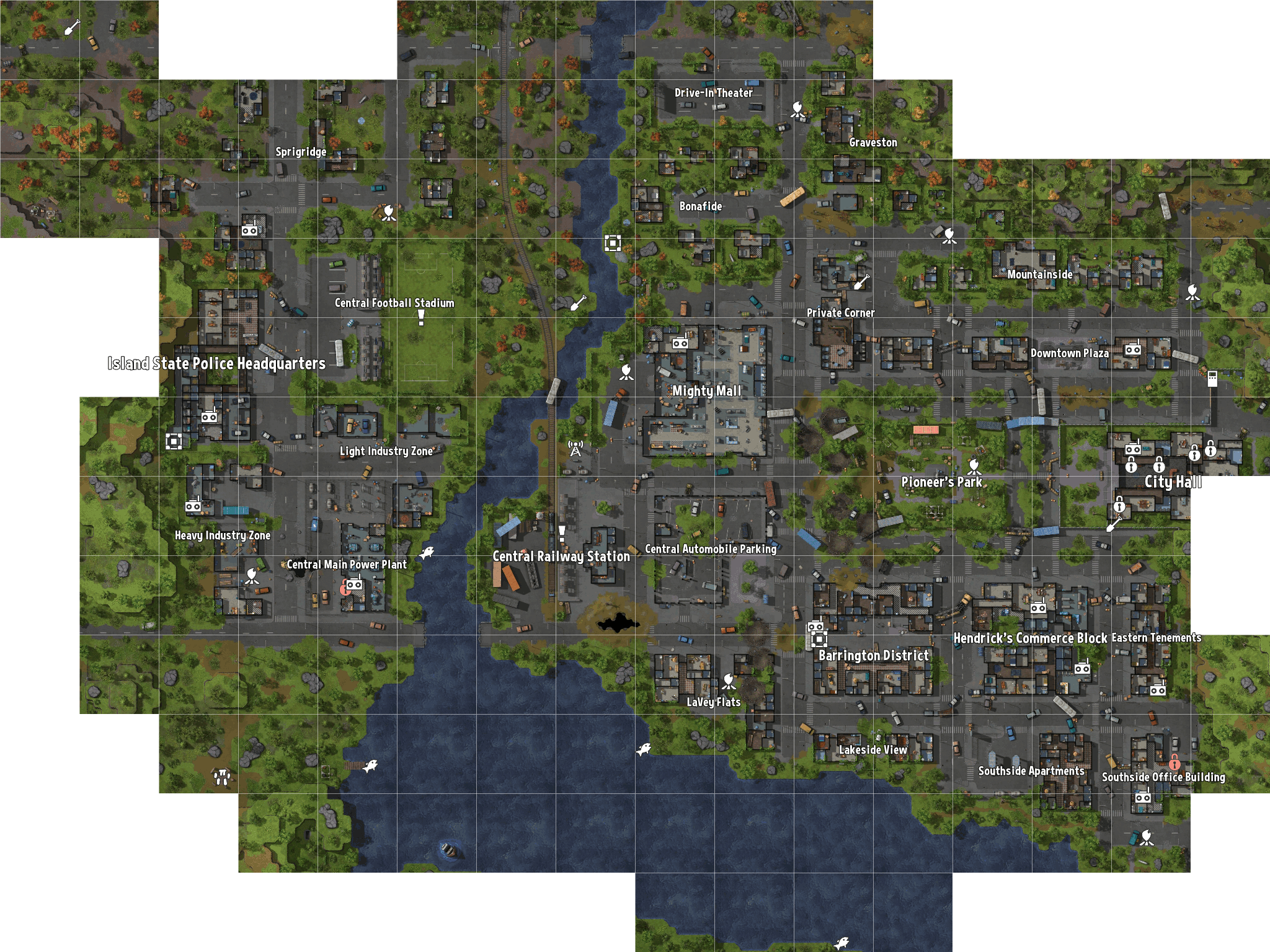
It’s a little hard to say whether the government got what it wanted but it seems as though, for the moment, it has. At the same time, even after breaking the strike, Wijesekera did not fire the workers but he ordered them to be sent on compulsory leave, resorting to an age old tactic of publishing their names and smearing them in the media. On the other hand, the government showed clearly that it was not above using the army to disrupt the strike. Kanchana Wijesekera merely instructed the chairmen of the CPC and CPSTL to terminate their employment if they saw it fit. It did not break the strike at once nor did it dismiss the strikers. In that sense, Premachandra’s and Marikkar’s remarks don’t just spoil the SJB’s working class prospects but they also reinforce the new left’s critique of the party as just another bourgeois outfit.įor its part the government dealt its cards stealthily during the recent strike. The paradox here is not just between two ideological flanks in the party but, more disturbingly, between the party and its own advocacy groups. When Palitha attacks the government and threatens strike action and when the economic brains trust of the party his union is linked to excoriates unions, one cannot be faulted for questioning the SJB’s stance on these workers’ struggles. Among the leaders of the recent CPC strike was Ananda Palitha, formerly with the UNP but today with the SJB. What is even more intriguing about these developments is that, as far as the recent spate of strikes go, SJB-allied trade unions have played a respectably leading role. In fact, Premadasa’s remarks about the IMF, taken together with Premachandra’s, Marikkar’s and the SJB economic troika’s public statements, have only betrayed the rifts and divisions in the country’s main opposition – hardly a point in its favour. It is significant that the SJB’s leader, Sajith Premadasa, has been braver than any of his colleagues in criticising the IMF deal although in doing so he has earned the ire of Colombo’s neoliberal establishment. Yet like Damitha Abeyrathne, once a heroine of the aragalaya and a self-avowed political neutralist, these politicians, essentially bourgeois if not petty bourgeois, have given way to their class interests.

Premachandra, in particular, was at the forefront of last year’s protests against Ranil Wickremesinghe. This is rather fascinating, if not perturbing, because both Marikkar and Premachandra have, through the media, promoted and depicted themselves as populists, indeed as the epitome of the vox populi. Marikkar and Hirunika Premachandra publicly criticised not the government but the unions, advocating the regime’s proposals to dismantle and “liberate” the energy sector. To give the most glaring example, the government suspended 20 workers, including several attached to the Ceylon Petroleum Corporation, for participating in a strike. And it’s not just at the level of economic theorising even the government’s handling of trade unions has elicited their approval. Their question is not whether the bailout is in the public’s interest but whether there is an alternative to dealing with the IMF. The SJB’s economic establishment has already criticised political parties opposed to the IMF arrangement. The IMF bailout has brought the country’s main opposition, paradoxically, to a common platform with the government. If it does not adhere to the conditions in these bailouts, the IMF can withdraw but if those conditions are followed and implemented in toto, the public can revolt against it. The state, for its part, finds itself in a conundrum.

Once enforced in full, it tends to provoke unrest and instability and brings about an authoritarian backlash from the state.

This is the typical trajectory of IMF austerity. But such conditions, if complied with in full, are bound to provoke popular resistance be it from the middle classes or trade unions. Such bailouts come with strings and conditionalities attached any government availing itself of these arrangements is bound to comply with those conditions. Third, there is the SJB-JVP-NPP divide that has only fragmented the opposition to the government’s benefit.Ĭontrary to what the neoliberal commentariat may believe, the IMF bailout is not a magic wand. Second, there is the SJB-UNP nexus or the many not so subtle commonalities that have linked the main opposition with the president’s party. First, there is the IMF deal, which his government is more or less using as a shield against criticism of the many austerity measures being enforced in its name. As of now, Ranil Wickremesinghe has three points in his favour.


 0 kommentar(er)
0 kommentar(er)
